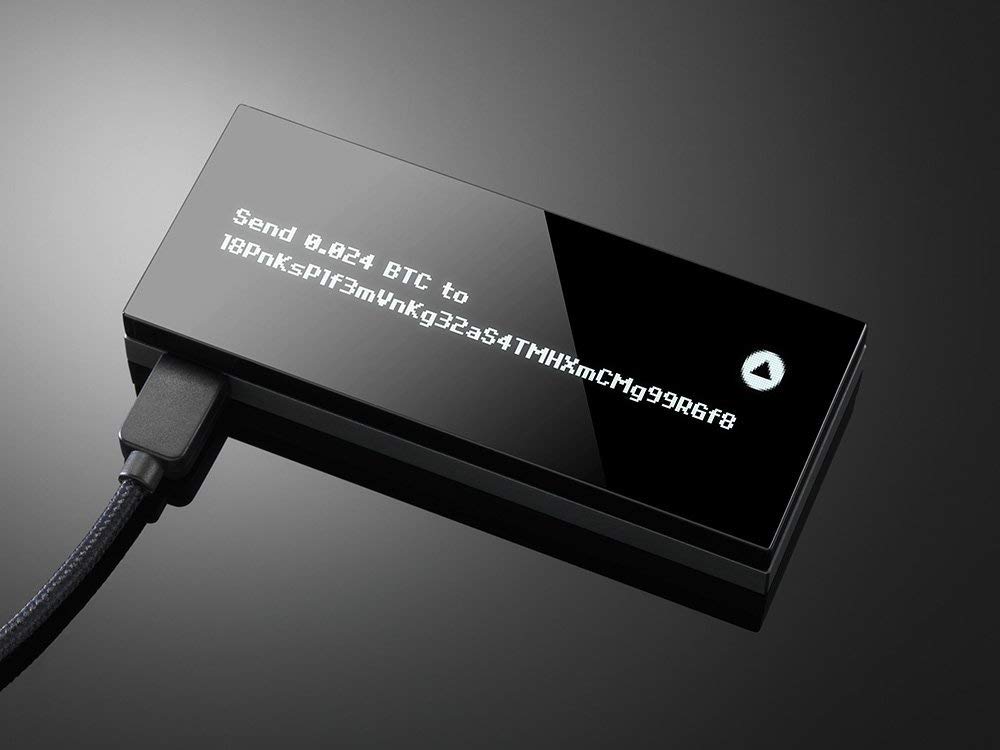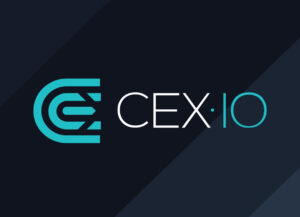Bitcoin paper and hardware wallets.
There’s an old saying in the crypto community that if you don’t own your keys, you don’t own your cryptocurrencies.
In essence, that single statement summarizes the issues with cryptocurrency exchanges.
you’re effectively outsourcing security to a third party rather than ensuring your funds are secure on your own.
Paper Wallets
To spend that bitcoin or any other cryptocurrency, you will be asked to type in the private key information, or scan the private key QR code (sometimes called the “spend” QR code).
- BTC - https://walletgenerator.net/?culture=en¤cy=bitcoin
- ETH - https://www.myetherwallet.com/
- DOGE - https://walletgenerator.net/?currency=Dogecoin&culture=en
- XMR - https://moneroaddress.org/
- LTC - https://walletgenerator.net/?currency=Litecoin&culture=en
- BCH - https://walletgenerator.net/?currency=BitcoinCash
- DASH - https://walletgenerator.net/?currency=Dash&culture=en
- DGB - https://walletgenerator.net/?currency=DigiByte&culture=en
Hardware Wallets

These physical devices store your private key(s) in an encrypted offline environment, meaning your wallet won’t be vulnerable to the types of attacks carried out against exchanges and even regular people using software wallets (a wallet on your computer or phone connected to the internet, also known as a “hot wallet”).
All three are great wallet options and are designed to be user-friendly.
Additionally, all three of the big names (along with other manufacturers) support multiple cryptocurrencies so you’ll be able to store your bitcoin, ether, and numerous tokens all in one place.



